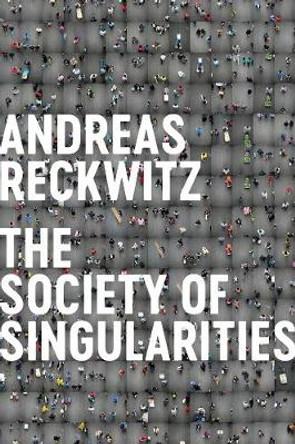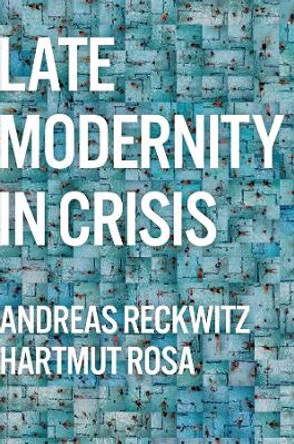Description
Contemporary society has seen an unprecedented rise in both the demand and the desire to be creative, to bring something new into the world. Once the reserve of artistic subcultures, creativity has now become a universal model for culture and an imperative in many parts of society.
In this new book, cultural sociologist Andreas Reckwitz investigates how the ideal of creativity has grown into a major social force, from the art of the avant-garde and postmodernism to the 'creative industries' and the innovation economy, the psychology of creativity and self-growth, the media representation of creative stars, and the urban design of 'creative cities'. Where creativity is often assumed to be a force for good, Reckwitz looks critically at how this imperative has developed from the 1970s to the present day. Though we may well perceive creativity as the realization of some natural and innate potential within us, it has rather to be understood within the structures of a very specific culture of the new in late modern society.
The Invention of Creativity is a bold and refreshing counter to conventional wisdom that shows how our age is defined by radical and restrictive processes of social aestheticization. It will be of great interest to those working in a variety of disciplines, from cultural and social theory to art history and aesthetics.
About the Author
Andreas Reckwitz is Professor of Cultural Sociology at the European University Viadrina, Frankfurt (Oder).
Reviews
"Whether you think you are creative or not, you should read on. In carefully dissecting the social and historical constitution of this concept, Andreas Reckwitz provides a compelling account of how creativity has become a defining feature of contemporary society."
Elizabeth Shove, Lancaster University
"Reckwitz's The Invention of Creativity is not a "creative industries" book. It is instead a sociology that addresses not so much the aestheticization of society as the societalization of the aesthetic - of the pervasion of what Reckwitz, with Foucault, calls the aesthetic dispositif. Neither a dismissal nor a celebration, the book is instead a genealogy of creativity - of how homo economicus has metamorphosed into homo aestheticus."
Scott Lash, Goldsmiths, University of London
Die Zeit
"With great intelligence and an argument grounded in scholarship, cultural sociologist Andreas Reckwitz shows just why we perceive creativity as a 'natural' human ability, and one that we feel is absolutely essential in order for us to develop and grow as individuals."
Frankfurter Rundschau
"A fascinating and ambitious book with a provocative thesis."
Times Literary Supplement
Book Information
ISBN 9780745697048
Author Andreas Reckwitz
Format Paperback
Page Count 300
Imprint Polity Press
Publisher John Wiley and Sons Ltd
Weight(grams) 499g
Dimensions(mm) 229mm * 152mm * 25mm










